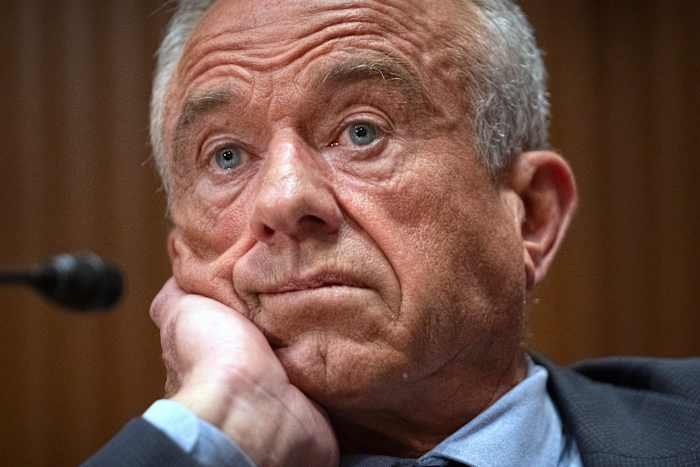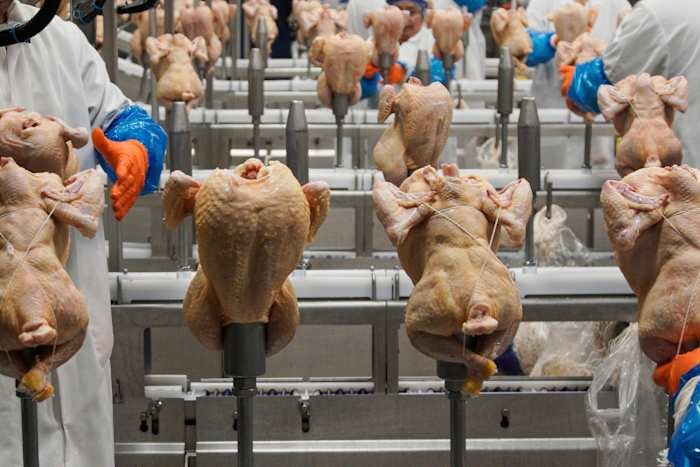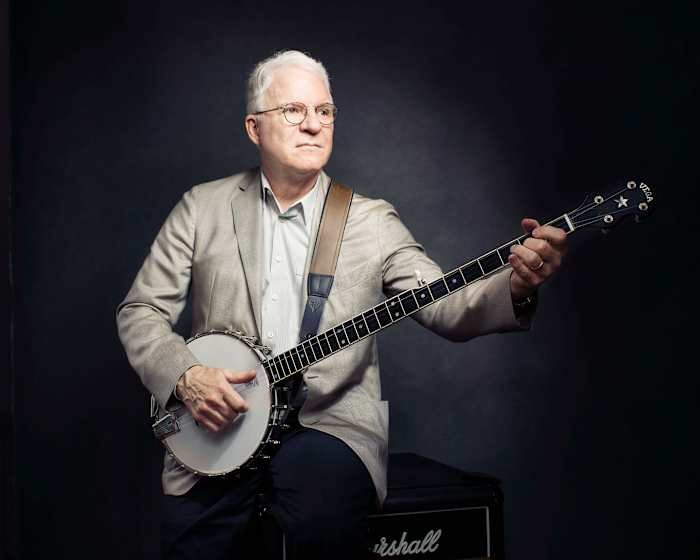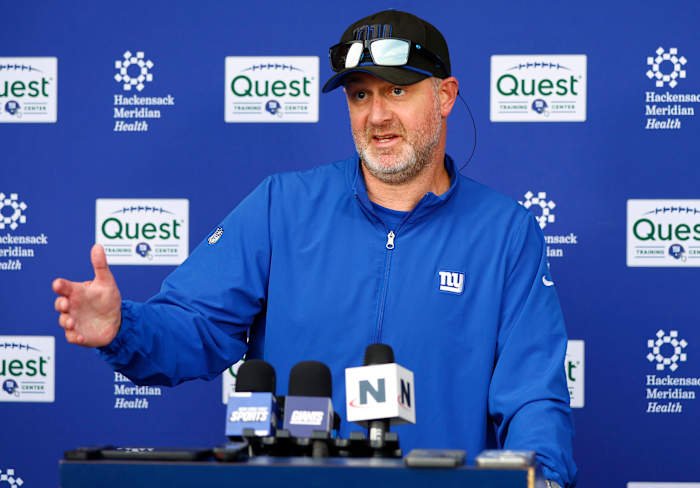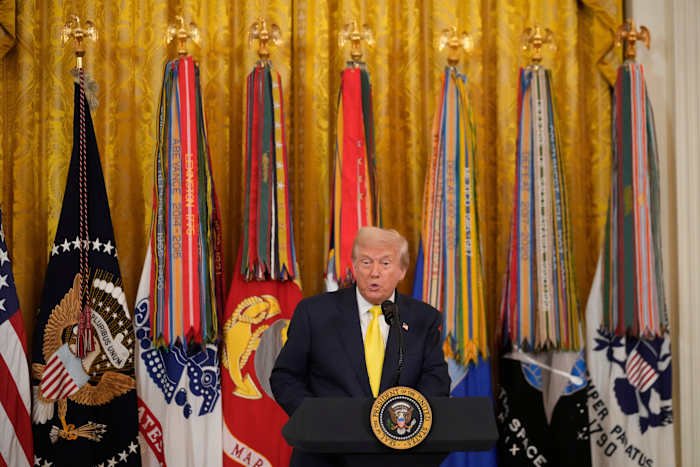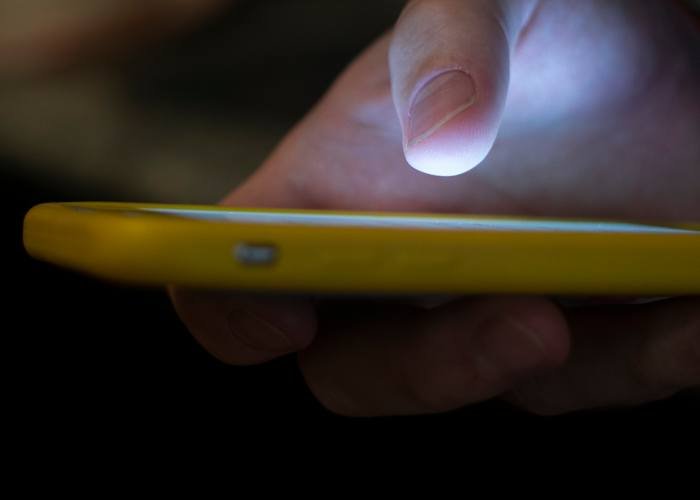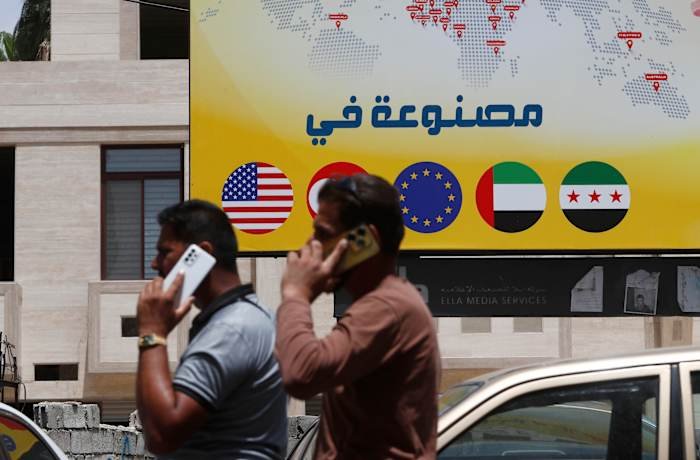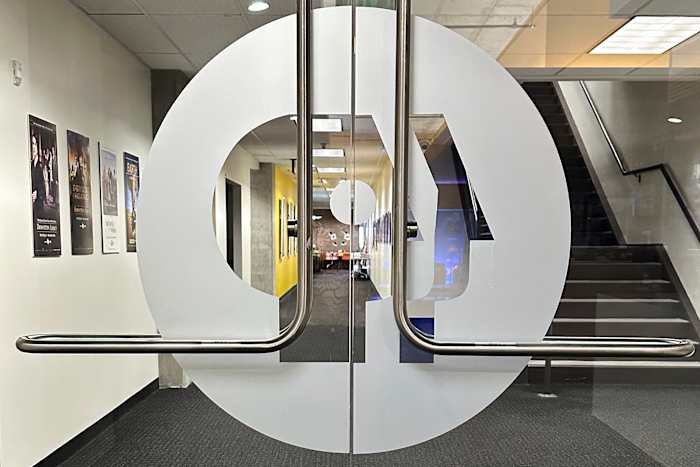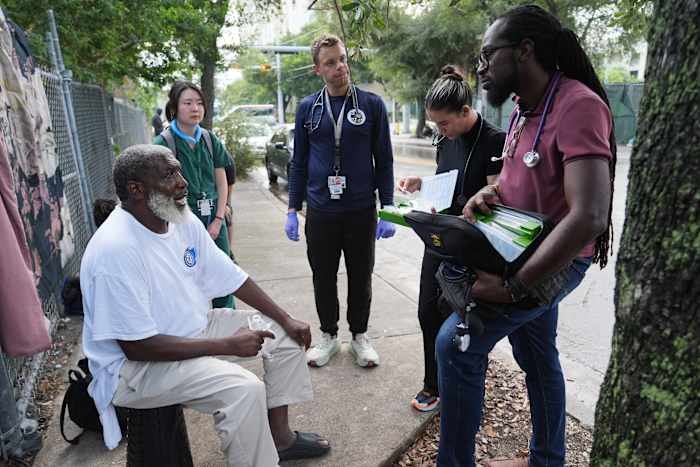Operation Warp Speed was a defining initiative of the Trump administration during the COVID-19 pandemic. Announced in May 2020, its goal was to accelerate the development, manufacturing, and distribution of vaccines, therapeutics, and diagnostics. Even as recently as last week, former President Donald Trump has highlighted Operation Warp Speed as one of his most significant achievements. However, the emergence of high-profile vaccine skeptics, including presidential candidate Robert F. Kennedy Jr. (RFK Jr.), has brought new challenges to public health messaging both nationwide and here in Orlando. In this post, we’ll explore the origins of Operation Warp Speed, the rise of vaccine skepticism, and what it means for Orlando’s community health.
What Was Operation Warp Speed?
Operation Warp Speed (OWS) was a public-private partnership initiated by the federal government to fast-track the production and distribution of COVID-19 vaccines. Prior to OWS, vaccine development typically took years, sometimes decades. Through unprecedented funding and collaboration, OWS aimed to deliver safe and effective vaccines within months.
The program brought together agencies like the Department of Health and Human Services (HHS), the Department of Defense, and private pharmaceutical companies. The result was the rapid development of multiple vaccines, such as those from Pfizer-BioNTech and Moderna, which became available to Americans by the end of 2020.
Here in Orlando, OWS played a crucial role. Local hospitals and clinics received vaccine shipments quickly, allowing for mass vaccination events at sites like the Orange County Convention Center. These efforts helped protect vulnerable populations and contributed to the eventual reopening of schools, businesses, and tourism—Orlando’s economic lifeblood.
Trump’s Continued Praise for Operation Warp Speed
Former President Trump has not shied away from claiming credit for Operation Warp Speed, calling it a “historic success” that saved millions of lives. Just last week, he reiterated its significance at a campaign event, stating that without OWS, the pandemic’s toll would have been far worse.
For many Orlando residents, particularly those in the healthcare and hospitality sectors, the vaccines provided a pathway back to normalcy. Trump’s supporters argue that OWS demonstrated effective leadership under crisis, while critics point to communication missteps and uneven vaccine rollout in some communities.
Nonetheless, the rapid development and distribution of the vaccine remain a rare bipartisan success story amid the otherwise contentious pandemic response. Orlando’s rapid return to welcoming tourists and hosting major events like the NBA bubble in 2020 was directly tied to the vaccination campaign’s momentum.
The Rise of RFK Jr. and Vaccine Skepticism
In recent years, vaccine skepticism has grown, fueled in part by public figures like RFK Jr., who is running as an independent candidate in the 2024 presidential race. Kennedy has long questioned vaccine safety, and his messaging resonated with a segment of the population wary of government mandates and new medical technologies.
Orlando, like many American cities, has seen a decline in routine childhood immunizations since the pandemic’s start. Local pediatricians report increased vaccine hesitancy among parents, citing misinformation on social media and the influence of vaccine-skeptical public figures. This trend poses a significant risk, especially in a city that welcomes millions of visitors from around the world each year.
School districts in Central Florida have responded by stepping up outreach and education efforts, emphasizing vaccine safety and the importance of community immunity. Still, the debate continues, with some Orlando residents expressing concern about potential future mandates and others advocating for greater public health investment.
How Vaccine Skepticism Impacts Orlando
Orlando’s status as a major tourism and convention hub means that the city is particularly vulnerable to outbreaks of communicable diseases. Vaccine skepticism threatens not only individual health but also the region’s economic stability. An outbreak could lead to event cancellations, travel restrictions, and renewed public health measures.
Local leaders are taking the issue seriously. In early 2024, Orange County’s Health Department launched a new campaign to combat misinformation and encourage vaccinations for all age groups. Area hospitals continue to monitor COVID-19 cases and other infectious diseases, preparing for potential surges.
For many in Orlando’s hospitality industry, the safety of employees and guests remains a top priority. Some employers have implemented their own vaccine requirements or incentives, balancing public health concerns with personal choice.
Looking Ahead: Lessons for Orlando’s Future
The story of Operation Warp Speed, and the debate that followed, offers important lessons for Orlando. Fast, coordinated public health action can save lives and restore economic activity. But sustained community engagement and clear communication are crucial to maintaining trust and participation.
As Orlando continues to grow and welcome visitors from around the globe, local leaders, healthcare providers, and residents will need to work together to address vaccine hesitancy and ensure public health for all. Whether you see Operation Warp Speed as a triumph or a topic for reflection, its legacy is still being written right here in Central Florida.
Conclusion
Operation Warp Speed marked a pivotal moment in the fight against COVID-19 and is still a point of pride for former President Trump. Yet, the rise of vaccine skepticism, fueled by figures like RFK Jr., presents ongoing challenges for communities like Orlando. As we reflect on the past and look toward the future, it’s clear that public health—and the debates around it—will continue to shape

